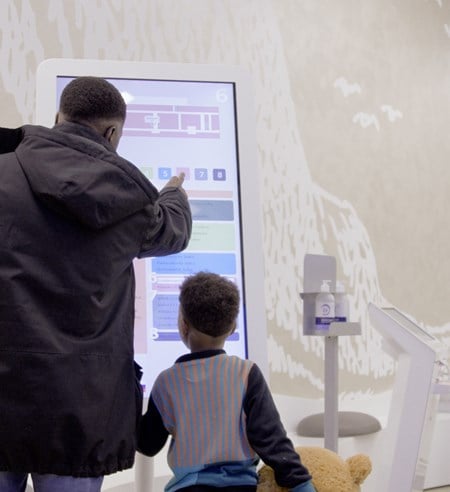Backbone of the new era of open healthcare ecosystems
Dealing with healthcare IT and especially with clinical information is complex, and the solutions provided for clinicians have sometimes been suboptimal and not lasting in the long-term. But why? And how could this be done better and faster?The clinical information model is at the heart of any healthcare information system. It can be considered as the common language between clinicians and the healthcare system. The overall aim is to provide sharable, stable, and organized structure of knowledge in the healthcare domain. To achieve this, the information model should be in a lasting, standardized format.
Doing standardization on a single EHR (electronic health record) platform is not cost-effective. openEHR is the international standard for building clinical data repositories that are future-proof and flexible. Tietoevry has chosen an open data model, openEHR, that enables the best use of international and national clinical information and care recommendations as well as rapid organizational customization. The first openEHR-based Lifecare solutions were deployed in 2019.
Marko Pyy
Leading Product Manager
OpenEHR Foundation
The openEHR International builds and develops the openEHR specification, an open standard that is used to build information and interoperability solutions for healthcare IT. As an industry partner, Tietoevry actively supports the development of the standard by contributing clinical substance knowledge to the data models and the technical specifications by verifying and testing the specifications while implementing Lifecare. Read more about openEHR here.
![]()
Want to know more about OpenEHR?
Get familiar with the openEHR whitepaper to learn the basics and benefits of openEHR data model. What makes it flexible, equal, open and innovative, as well as safe? Why does it stand for freedom of choice?
9 Apr
2024
Press release
Tietoevry’s Lifecare client information system enhances social care services in Southwest Finland
3 Apr
2024
Press release
Tietoevry's Lifecare patient information system strengthens its position in the wellbeing services county of Satakunta
27 Mar
2024
Press release
Tietoevry’s Lifecare client information system streamlines social care services in the wellbeing services county of Satakunta
29 Feb
2024
Article





